
I saw this quote on Facebook recently, and it got me to thinking. New writers sometimes don’t recognize when their novels are carrying extra weight. They have the tendency to think they need to add more “stuff” to fill the pages. Then, in trying to expand the story to fill a couple hundred pages, they fatten it up with all kinds of words and scenes that unintentionally hide the bones of the plot and make both the action and the characters sluggish.
A story that’s lean, mean, and able to truly satisfy a reader’s hunger must have all the fat trimmed off. What is the fat? It’s any scene, word, sentence, character, dialogue, or action that isn’t necessary to the tale. There is always fat. Sometimes gobs and gobs of it. Getting rid of it can be as tough as sticking to a treadmill routine. It’s a big pain, but writers have to be committed and, at times, ruthless.
During my first attempt at plotting a novel I pondered the questions of what would fill up the middle of the book. For instance, I devised activities that would take place. “Hm… That goofy fellow can attend dinner at the heroine’s house this week, and she can rebuff him – again.” Such was one example. I arranged travels, purchases, dances, meetings, fights, and all sorts of other actions and scenes. But I failed to ask myself why I included them. Why write a certain scene or include a particular behavior or conversation? Did it advance the plot by building tension between characters or develop a character arc? Or was it simply filler? Was it only good for fluffing up the book? Every time the answer was filler, it meant I should have cut it out as fat, even if I thought it quaint and wonderfully written.
Nothing as big as a scene or as small as a word should remain in a story just to fill space. If every particle of the story doesn’t do something to push it forward and create tension, then it needs to go. I picture it like walking across a teeter totter. (Not a recommended activity.) Each step must be carefully placed or you fall. When you reach the middle, the precarious walk comes into a very tentative balance, and the outlook changes. Then, with one more step, the path tips, and you head downhill toward a conclusion.
By the time we climb to the midpoint of a story every step of it should have pointed toward the pinnacle of the black moment, the life-changing hinge in the story about to take place. This includes conversations between characters as well. There should be no pointless dialogue. By keeping the story trim to this point, you can successfully force your character’s back against a wall where she either has to suck it up and draw on secret strength, or she will momentarily panic and do something rash — either forces a game changing decision that will propel her down the hill toward peril or her heart’s desire.
There are other fat corpuscles to remove in stories too. There are excess words. Get rid of “that” in every sentence that makes sense without it. Example: He never thought that she would go so far.
Trim out words and phrases that tell instead of show. Examples: She knew… he thought… She felt… In other words, don’t tell us how someone thought or felt. Describe it, or let the character be it. Examples:
Instead of–
She knew he’d probably be late. He always was.
Get inside her head and be her–
He’d probably be late. He always was.
Instead of–
She felt like a weight had settled on her chest making it hard to breathe.
Show us the feeling–
Her breath came in short spasms, each gasp clenched by the weight of pain settling on her chest.
Here’s the thing, by cutting out the fat, meaningless words, you actually strengthen and lengthen the meat of the story. All that filler you worried about coming up with in the beginning is no longer a problem. But instead of adding fat, the story turns into a strong, lean muscle, full of action.
So get exercising. Trim the bacon on your book!

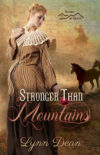
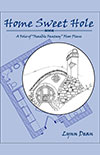

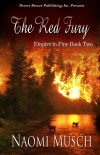
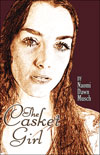
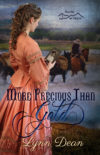


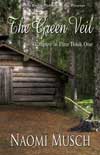

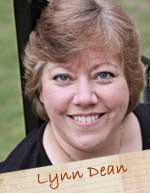


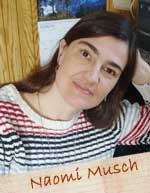


Speak Your Mind
You must be logged in to post a comment.